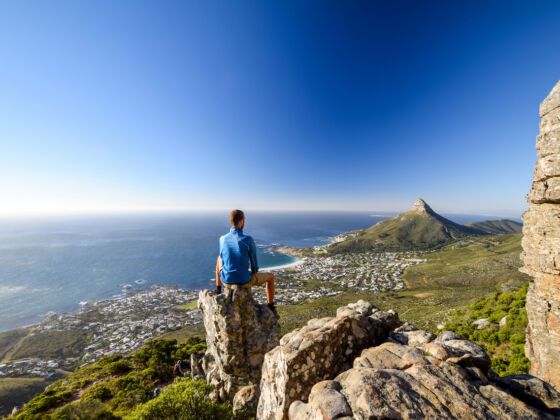“South Africa” is not just a proper noun; A handful of unspoken words hang over it like a humid sweat. Words like “Apartheid”, “Violent Crime”, “Corruption”, “HIV”. These silent, implicit words flavour conversations that I overhear (predominantly white) foreigners and locals having.
At Cape Town International Airport I listened to a woman in the passport queue say, “Ooo, no. I wouldn’t like to travel without a guide. I mean, I could rent a car, but you just never know. What if I drove into a…a bad neighbourhood by accident? Besides, I wouldn’t like to drive as a single woman. Only if a bloke were with me.”
I realized then that despite having just arrived in arguably the country’s most luxurious city, those silent words that cling to South Africa had this woman on edge.
